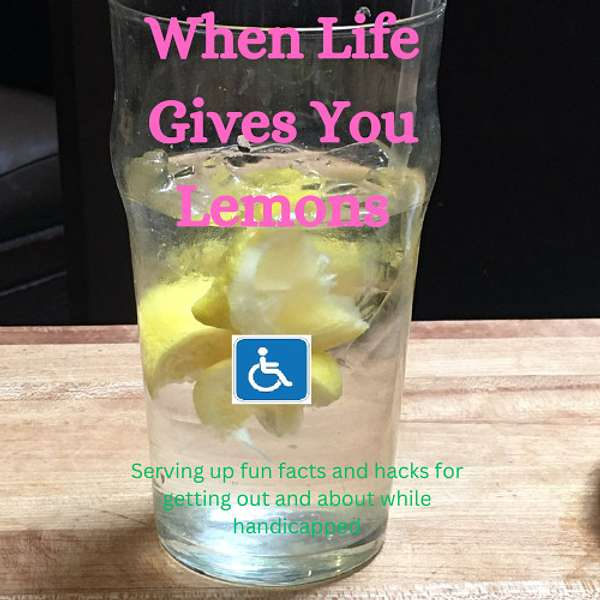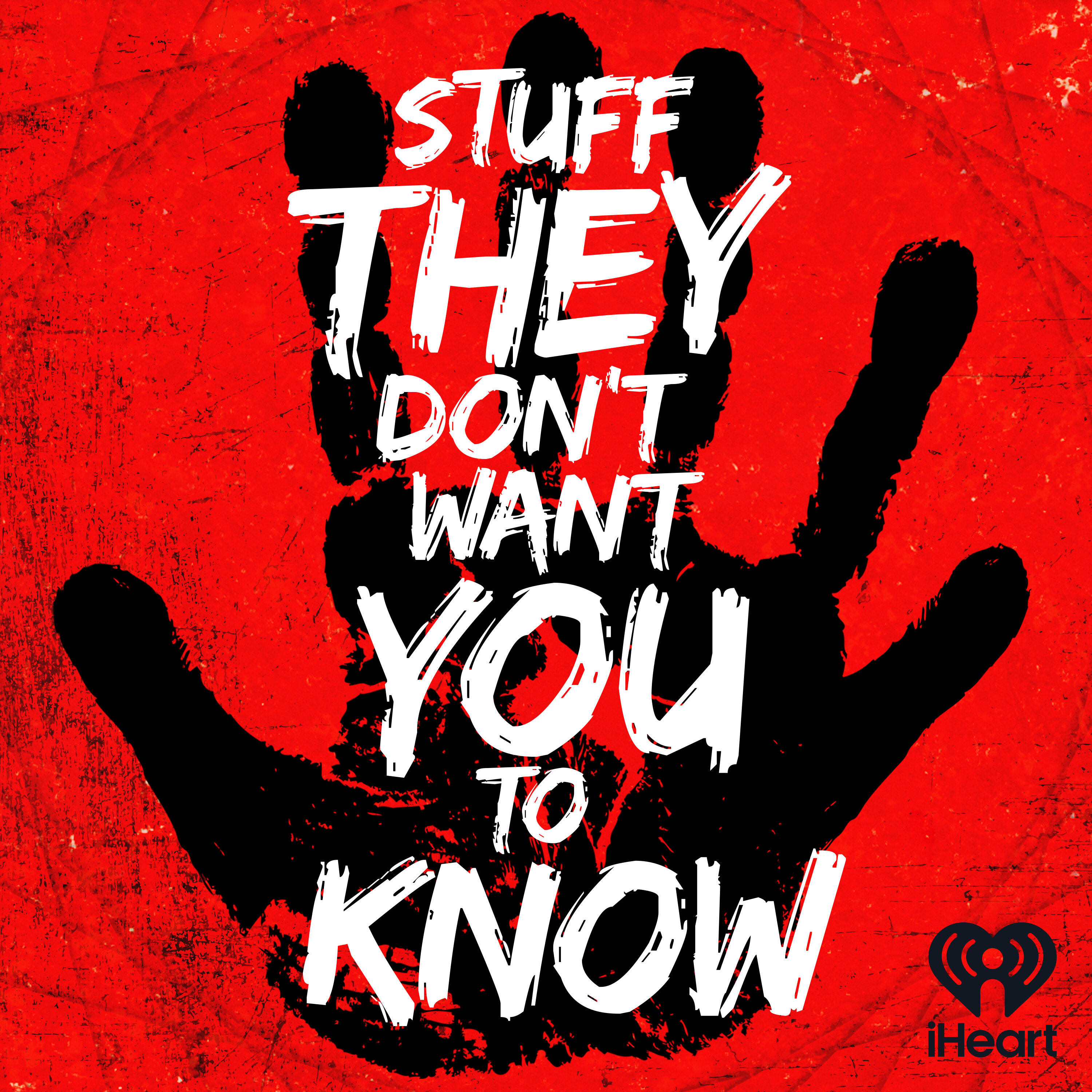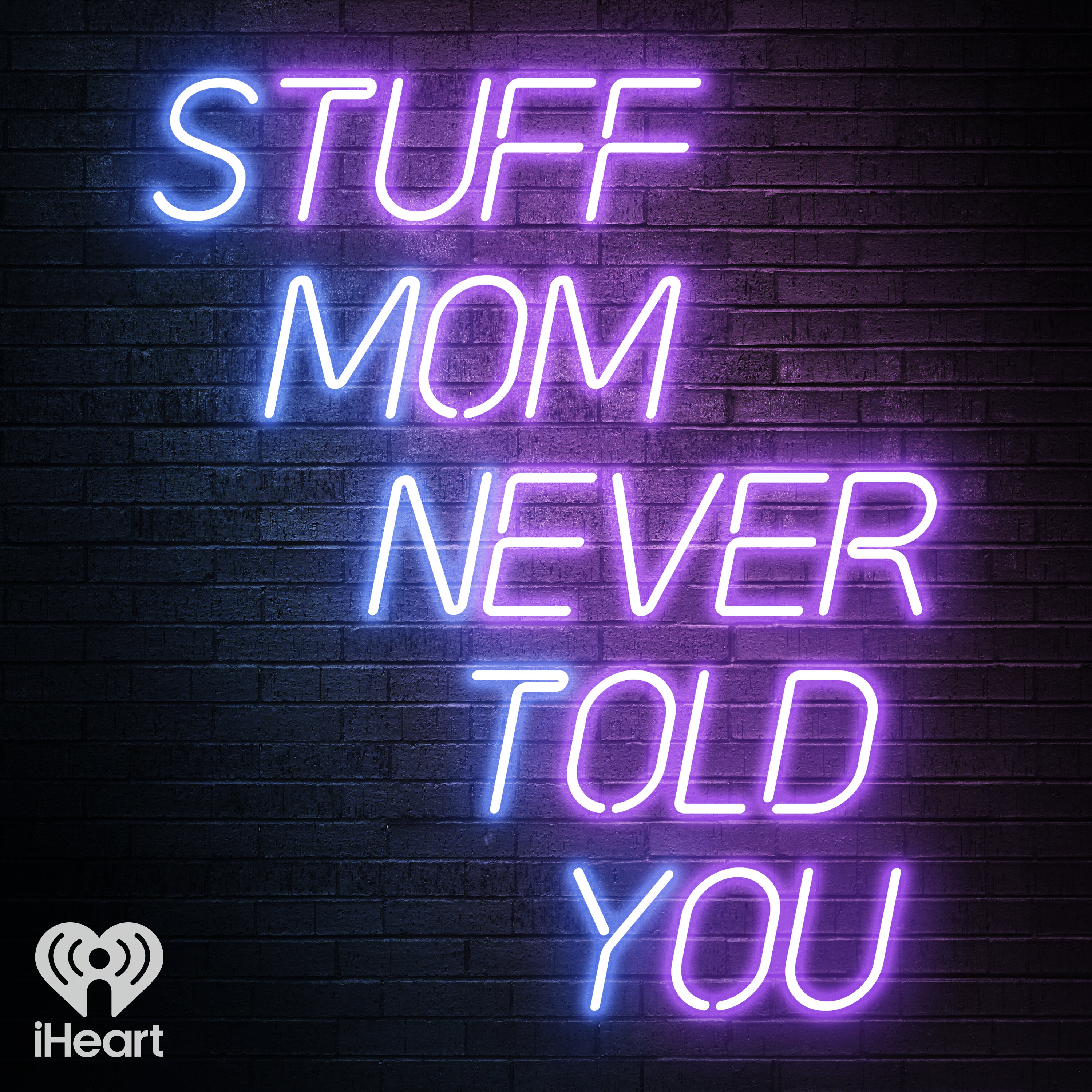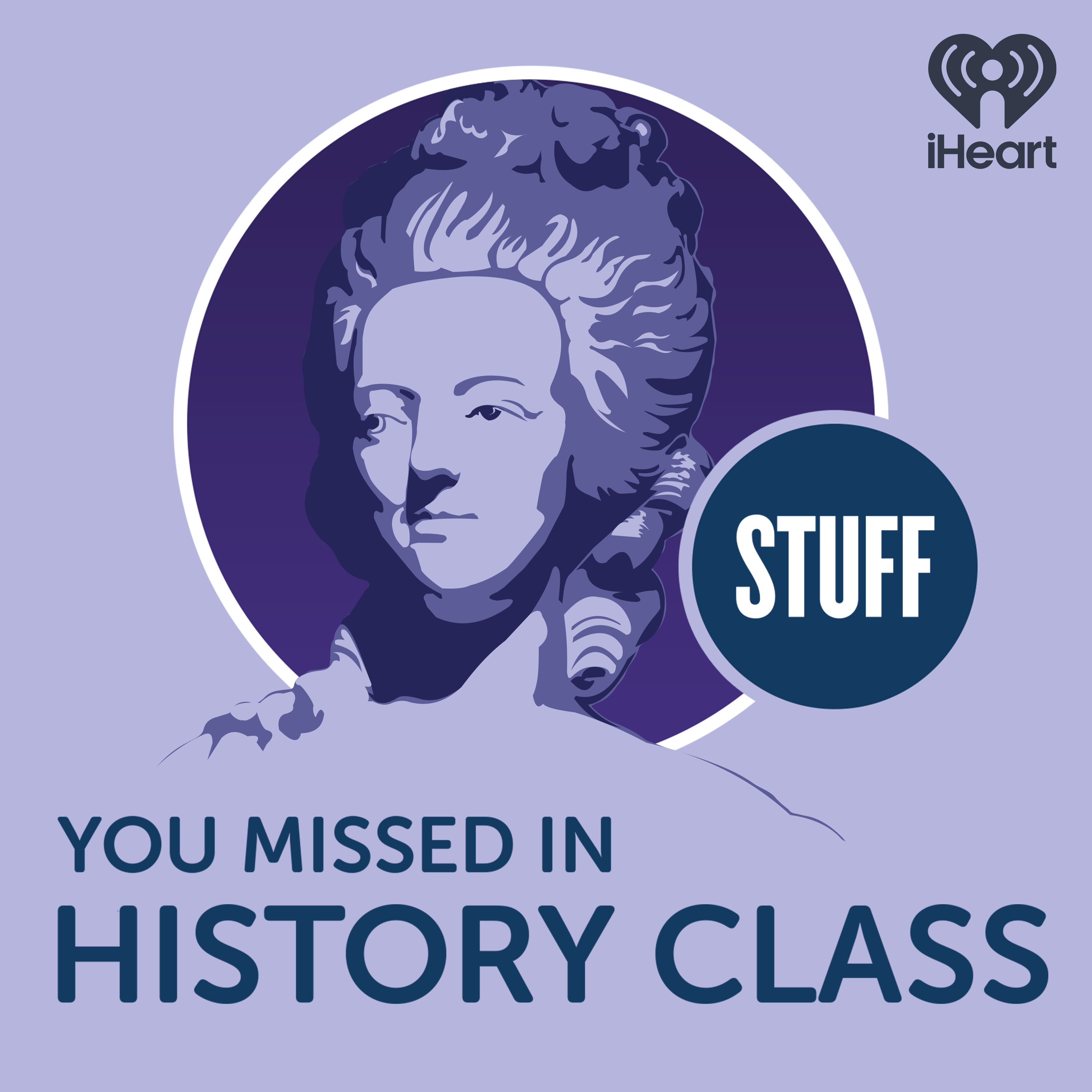
When Life Gives You Lemons
We do a bit of Research into handicapped travel issues and provide some solutions. Mobility, Hearing, Sight, Mental issues included. so far our episodes have included some information on Ataxia, Cerebral Palsy, Deafness, Dancing Sickness, Gulf War Syndrome, Long Covid and Wheelchairs. We are both Disability Advocates and realize there are too many diseases and conditions to cover and try to discuss the most common problems disabled people face and spread some awareness of disabled issues non-disabled people are unaware of.
CORRECTION
On a Previous episode I described how to enter our End Of Season contest. Step 1 click on the support our show link. Step 1 we require a one time payment (This has changed during our season) of $3. Step 3 (get you back to a one time payment) click on the $3 Subscription button. The following business day cancel the subscription (if you do it same day your bank may start thinking FRAUD. Step 4 Your done. Thanks for entering and "may the odds be forever in your favor",
When Life Gives You Lemons
Lemons to Lemonade: When Cancer Becomes Manageable, Not Terminal
Cancer has evolved from a terrifying death sentence to a manageable condition for many patients, thanks to remarkable advances in treatment approaches. This transformation lies at the heart of our latest episode, featuring a candid conversation with Ruth Henry about her personal journey with biliary cancer.
Ruth shares how her diagnosis began with severe abdominal pain that led to the discovery of a malignant growth blocking her bile duct. Rather than focusing solely on eliminating her cancer, Ruth's medical team employs a strategy aimed at controlling the disease's growth while maximizing her quality of life. This paradigm shift represents one of the most significant changes in modern cancer care—treating cancer as a manageable chronic condition rather than pursuing aggressive treatments that often devastate healthy tissue.
The personalization of cancer treatment emerges as another crucial aspect of Ruth's experience. Every treatment she receives is meticulously tailored to her specific circumstances—her weight, height, age, and current health status. Blood work performed before each session ensures medication dosages remain precisely calibrated for her body on that particular day. When side effects become challenging, her medical team adjusts the frequency or strength of chemotherapy without abandoning effective medications. This individualized approach allows Ruth to continue living actively despite her diagnosis.
Perhaps most surprising is Ruth's relatively manageable experience with chemotherapy side effects. While she experiences fatigue and changes in appetite, proactive measures from her medical team have helped her avoid severe nausea and other debilitating effects often associated with cancer treatment. The healthcare professionals at her cancer center provide not just medical care but practical wisdom for navigating life during treatment—from hydration strategies after infusions to timing medications for optimal comfort.
As Ruth approaches her one-year treatment milestone, she reports feeling increasingly well as her medical team finds the perfect balance of therapy to control her cancer while minimizing side effects. Her story offers a refreshing perspective on living with cancer and illustrates how modern approaches are transforming outcomes for patients. Whether you've been touched by cancer personally or simply want to understand how treatment has evolved, this episode provides valuable insights into the changing landscape of cancer care.
Looking to learn more about modern cancer treatment approaches? Subscribe to our podcast for part two, where we'll dive deeper into treatment strategies and medical advances changing lives for cancer patients everywhere.
Welcome to our podcast. When life gives you lemons, I'm Kevin and I'm Palmi.
Palmi:We consider ourselves disability advocates and intend to spotlight some disability issues and things we find interesting that we frequently encounter when we're out and about. Also some history on disability that we find interesting.
Kevin:Welcome, Palmi Welcome everybody back to our podcast.
Palmi:Hey, yeah, Kevin.
Kevin:So what do we have on tap for today? Palmi?
Palmi:We're talking about cancer. Cancer has touched everybody's life at one point or another. I'm sure it has touched our life several times in the past and currently your mom is fighting cancer. We've been back and forth to Tennessee several times this last couple of months trying to support her and your dad, and we just recently got back and we were lucky enough that she agreed to do an interview with us on her points of view and her progress and what her current status is fighting cancer. It was a nice interview.
Kevin:Yeah, the thing that really surprised me about the whole deal, because she's very open about the treatment she's receiving and such is it. Stuff we learned in school about cancer has changed so much right.
Palmi:There's been so many advancements on it's not necessarily a death sentence anymore. They um. Their attitude towards cancer is not to necessarily to, in her case, is not necessarily to get rid of it. It's to stop it from growing and then to have her life be as pleasant as possible as long as the cancer cells are not growing right.
Kevin:So before we get into the interview, let's take care of a couple housekeeping items. What we want to do is encourage all listeners to give us feedback on fan mail, so everybody that does use fan mail gets an automatic shout out. So either use your first name or give us a pseudonym, or it's a way that you'll know that we shout it out to you when you leave fan mail.
Kevin:We don't get like a return email address. If you're not able to use fan mail for free, for example, if you're outside the continental us, you're feel free to use email and just put in there. You wanted to use email or fan mail, but it was not free for you to use in your case. And no, we don't collect email addresses. So you're always welcome to go there or whatever you feel you should, but make sure you include in those emails, if you're using them to replace fan mail, a name that we can say hey, joe Schmuck gave us a compliment or a criticism, and either one is fine, but we want to give you a shout out for that. So what are we going to do before the interview kicks off, Palmi?
Palmi:Let's just do a little bit of an get a little bit of an understanding about cancer. Here's the definition that we found Cancer is a disease where some of the body's cells grow uncontrollably and spread into other parts of the body. It can start almost anywhere in the body, which is made up of trillions of cells. Normally, cells grow and divide as needed, but sometimes this process breaks down, leading to abnormal cell growth that can form tumors leading to abnormal cell growth that can form tumors.
Kevin:Yeah, basically there are two types of cancer that we're going to talk about Blood cancers, like leukemia, or things that get into a circulatory system in your body, like lymphoma, and they basically spread to other parts of your body. The other type is solid tumor cancers. It's like if you have a tumor removed and they biopsy it and they just say it's cancers and later say it's cancerous, and of course after that procedure they'll check to be sure that that was the only tumor there and they got it all if it was malignant.
Kevin:Now, that was what your mom had Correct, yeah, her first indication she had cancer was she grew some static tumor cancers around her liver, one of her ducts. It prevented her liver from doing its job and draining correctly. So basically her liver was not functioning normally. They didn't realize it was cancer until they opened it up and saw what was blocking. They just thought blockage Redux for the locker incorrectly.
Palmi:They just thought it was blockage, maybe a stone or something like that was what they went in thinking.
Kevin:Right.
Palmi:So cancer cells differ from normal cells in several ways. They ignore signals to stop growing, evade the immune system and can spread to other areas of the body through a process called Metastasis. Yeah, there you go. Some tumors are benign, non-cancerous, and you hear that a lot of times. When they go in and take a biopsy They'll say it was either benign or malignant, which just means cancerous and can invade nearby tissues. That's what they're always afraid of when they go in and open it up that they'll spread, become more, become cancerous. If you are curious about symptoms and causes and treatments, we're going to dive into more of that on another segment, another episode that we're going to do after this episode, after we do our interview.
Kevin:Basically, what we're doing is kind of similar to the previous episode that we made into two-parters, but this part the first part is going to have the interview in its entirety.
Palmi:The second part we're going to just talk about points that perhaps we need to explore a little better to understand what went on during the interview and what goes on nowadays with cancer treatment, about her specific treatment and how she her treatment was planned and the process of it, and so we'll understand a lot more of that and be able to explain that a lot more after the interview.
Kevin:So, without further ado, here's the interview.
Palmi:Hi Ruth, we're sitting here with Ruth Henry.
Ruth:Hi, it's nice to talk to you.
Palmi:Our episode this month, this week, is going to be about cancer and Ruth Henry is Kevin Henry's mom and we're down here visiting in Tennessee and we thought that we would get a little bit of personal experience from someone that has been going through it recently. Could you give us a little bit of background and how you were diagnosed with the cancer and what kind of cancer it was?
Ruth:Sure, I started developing severe abdominal pain and when I went to the emergency room they did scans and they found that something was blocking my bile duct to my liver. When they went in there to see what it was, it was a malignant growth and what it's called is biliary cancer, because it was actually affecting the bile duct. It wasn't the liver itself. So of course then the cancer trip began. Scary to hear at first, but somehow I knew my primary care doctor and I'd been going to him for years and I knew he was going to help me find the best treatments possible. And I think he did. And cancer has had so many new findings, new ways to be treated, new ways to keep you having a quality of life. If you ever find yourself in that position. It's scary, you hard to think about it, but don't be scared. If you have a good cancer team and you'll develop your own team, they'll help you to make the right decisions, and that's what happened there.
Palmi:That's basically what happened, and you've had a lot of. You felt like you were being taken care of, they understood you, they listened to you, right.
Ruth:Being at a cancer center. It's different than your regular doctor visit. I'm not sure how to explain it, except you develop such a close relationship with your team, which is your oncologist, your cancer nurses, even the person that schedules your appointments. They do the best they can to make you feel comfortable. It really becomes not the scary place to be when I go in for my infusions. It's like going someplace where I feel safe because I feel like I'm being well taken care of.
Palmi:Yeah, I've gone to a couple of treatments with you and they, they know your name, they I mean they they know what you like, they, they offer you things that they've offered you before you know, and they know which arm you prefer to have your. You know everything taken care of on and stuff like that. It was very homey, is what I got from it.
Ruth:And it's not just that. It's things like and I know I feel like I have a very good oncologist, but I'm always amazed when he knows who my family is, because we sit and have conversations that aren't just scary medical talk. They get to know me, they know how many children I have. They know no one lives really close to us. They reschedule appointments for me if I have family coming, like happened this time when Pommy and Kevin were coming. The care is different than any other medical care I believe you would ever have.
Palmi:And which? What is your medical center that you go to?
Ruth:I go to the Cancer Center in Cookville, Tennessee, and it is staffed by Vanderbilt doctors, so it's connected to the Vanderbilt Medical Center and I feel like from the first day that they took me and my husband in to tour and to see where things happened and get us comfortable with being there, they have always tried to make it not a scary place, right, it's just really different than what you imagine, while still being, of course, you're worried about the outcome.
Palmi:Yeah, Now scary things have happened. I mean, it hasn't gone as planned. All along there's been some scary issues.
Ruth:I've had some extenuating circumstances. One I'm 82. But you're a fit 82. Yes, I was in good shape when all this started, right. But also because of having the cancer, a couple of other medical issues not caused by the cancer, but because they were investigating things to do with the cancer, they found these other issues that I had, basically old age type of things that required surgery, hospitalization, and so that was a little more difficult. They weren't just treating cancer, then I was being passed through another specialist, then back to the cancer center and and all the the medical professionals worked together to make sure that there was a continuity of my medical cancer care. That could continue.
Palmi:They worked together then, yes, knowing that you still had to continue the chemo and stuff like that.
Ruth:Yeah, Knowing in the long run I needed to finish the chemo Right. I was put on a very strong regimen of chemo that they weren't sure that I would tolerate well because of my age, but I have. They're very pleased with the way it's going and they have been able to in the recent times because chemo is hard on you. Don't let anybody tell you any different. Chemo is hard on you, some chemo more than others. And chemo is hard on you, some chemo more than others. And so when the chemo started affecting my body in different ways, they just changed. They didn't change the drug, they changed how often I got it. They changed the strength of the drug.
Palmi:And it was based on your daily, on the draws, the blood work you always get blood work Every time you go in.
Ruth:You get blood work for everything. They check everything Because they're affecting the chemo. Right, because the chemo affects different. Chemos have different side effects and at the time now I'm getting two different kinds of chemo and also an immune system treatment.
Palmi:Can you explain that a little bit? That was something I'd never heard of. You told us that you, basically, will always have the cancer, right? Yes, they're not trying to get rid of the cancer, right, they're trying to Control it, control it and that's a new thought in the cancer treatment.
Ruth:Yes, a lot of the problems before I'm going to say in fairly recent years they have decided if the cancer can be controlled and kept at a place where it's not being aggressive, then they can decrease your chemo, they can adjust your chemo, they can change to just immune system therapy so that you don't the chemo is not destroying your body, your healthy tissues. So it's like a balancing act, is that?
Palmi:particular to your type of cancer. Is that a?
Ruth:standard thing all through. It's becoming a way of treatment, because as long as the cancer can be controlled, if it's not growing, if it's not being aggressive, then it can just hang out there all at once and it's not bothering you, or my type isn't anyway. Right, I can only speak to what I'm getting Right. Right. And every treatment that is given nowadays is made for you. It's made for your weight, it's made for your height, it's made for your age, I imagine even DNA types. I mean, it's when I go I get blood work done before I ever start, before they order my chemo, so that when my chemo dosage comes up to begin the infusion it's made for the weight that I am that day. It's all very individual and I think that's why these treatments are becoming so successful now.
Palmi:And so many more successful outcomes.
Ruth:Yes, I have friends that have had similar treatments, that still basically have cancer, that still basically have cancer and they're leading active, happy lives for many, many years and when something starts to, they feel like the cancer is maybe starting to get more active again. They just tweak your treatment a little bit, and I'm not making light of this. Cancer is still a horrible thing to have, but there's ways to fight it now that doesn't ruin your life right right.
Palmi:I was surprised, we were amazed and so appreciative that you didn't have all the side effects that we had heard about in the past. Where I mean you? You were sick and you looked weak, but you didn't lose you haven't lost a lot of your hair, you didn't lose your appetite. You did lose some appetite, but you weren't so sickly, you weren't eating at all or anything you lost some weight, but you were very thin to begin with, so I think you kind of have that tendency to lose weight to begin with, right.
Ruth:Yeah, I never had. I was never nauseated, right.
Ruth:For one thing before I ever started chemo, they gave me a prescription for two different kinds of nausea medicine so I could have them at home if they were needed. When I go in for my infusion, I'm given by IV two other kinds of medicine for nausea and I have been lucky, I have not been nauseated at all. Have I lost my appetite? Yes, has my taste for food changed? Yes, sometimes in strange ways. Yeah, that I never imagined. But I have never actually been nauseated from the treatments. That's great.
Palmi:That's really great.
Ruth:I'm mainly tired, weak loss of muscle, of course, because you don't feel like getting up and doing a lot of things and they don't want you to overexert. They want you to rest between treatments, Right, because you're healing.
Palmi:Right, right and a lot of that might. Some of that you said you thought some of those side effects were due to the other conditions that you had prior to this. That were in conjunction with the chemo Right. We're not sure what was chemo and what was the other.
Ruth:Correct yeah.
Palmi:So what was the other?
Kevin:thing. Is there any predicted?
Ruth:deserves, in your opinion, special recognition throughout your encounter with cancer treatment cancer center. When I go in for my infusions, I'm in the infusion room, which is always very busy with some of the nicest, smartest nurses I have ever known. Besides just being doing nurse things the computer work they have to do. I get seven different bags of stuff when I go in for my infusion. I'm in there approximately five hours. They have different the different medications are all in their individual bags. They're all given at certain times. One can be given faster than others.
Ruth:They are absolutely amazing. They are kind, they are smart and they have all these little pieces of knowledge just from being who they are. That are just things like you know, if you just take that pill a little hour later, it'll make you feel better faster. Or make sure, when you go home from an infusion day, drink, drink, drink, hydrate more than you do normally, because the faster you move that through your body, the faster you'll get rid of that special tiredness you get right after having your infusion. There's all these little things that they know that they can help you with Right that they easily share and they're always happy.
Ruth:Yeah, they're not acting like it's a bad place to be. They're joking with not just me, with everybody. I mean. They get to know their patients, they know what they like to drink, not just the nurses, the woman that comes around and brings you sandwiches and brings you snacks and brings you a warm blanket. They're all just caring. They're all on your team, right?
Palmi:makes you feel like you're not alone that's right, yeah, and we're. You've gone through this for it's been.
Ruth:How long now it'll be a year in june. It hasn't been that long since it was diagnosed, yeah and so we're almost through a year.
Palmi:So uh is, are we at the end of the chemo, or what would the prognosis be at this point?
Ruth:What started out as a prescribed times that I would get the chemo and then hopefully go on to immune therapy, has gone on a little longer than expected because of those other medical issues that came up. For one thing that kind of maybe had a little break in the chemo, but also because what I'm giving, being given, is working right and so they never intend for me to be cancer clear. Right, but as long as it is actually working on the cancer that I started out with, they hate to stop me getting the medicine that is doing that. However, they have made it um, I'm getting a less strong dose, um, I'm getting it further apart in time, so they're trying to see how they can wean you off a little bit.
Ruth:Right, I'm feeling better and better because I have less chemo in my body. However, it's still working and my cancer markers are still going down and I feel really quite well. I'm eating good. I'm gaining weight back. I feel really quite well, I'm eating good, I'm gaining weight back, and I just I don't know how I can possibly thank all those people that have been on my team.
Palmi:Yeah, and us too. Thank them too. Yep, all right. Well, thank you for being so open with us, ruth, and I know this is very personal. The reason Kevin's not interviewing his mom is he was afraid he was going to break down, so he is over there inside, but he's pretty.
Kevin:Hi everybody.
Palmi:But he did good. I think he did good. We're going to have some more information about cancer research that we've done and we'll add that to this interview.
Kevin:We'll see you later. Wow, that was great interview, palmy. Excellent job, and we'll give mom a shout out and say excellent job as well, and we'll talk to you again next time to explain some of the things that you just heard about, and perhaps my mom just touched on. Bye now.
Palmi:Bye now.
Kevin:Until next episode, take those lemons and make your own lemonaid.
Podcasts we love
Check out these other fine podcasts recommended by us, not an algorithm.

When Life Gives You Lemons
Kevin & Palmi Henry
Stuff They Don't Want You To Know
iHeartPodcasts
Stuff Mom Never Told You
iHeartPodcasts
Stuff You Missed in History Class
iHeartPodcasts
Planet Money
NPR
Ridiculous History
iHeartPodcasts
The Way I Heard It with Mike Rowe
The Way I Heard It with Mike Rowe




